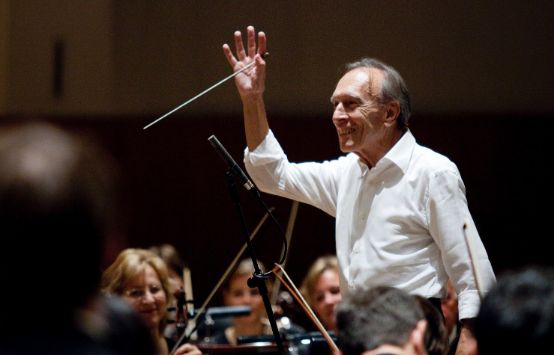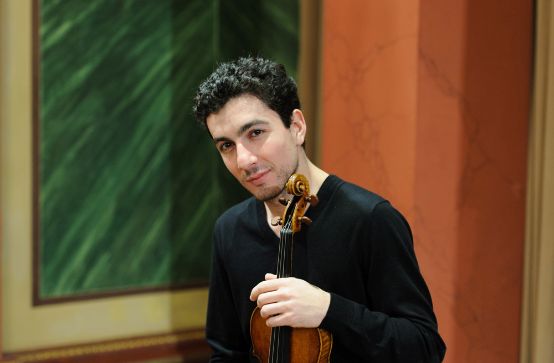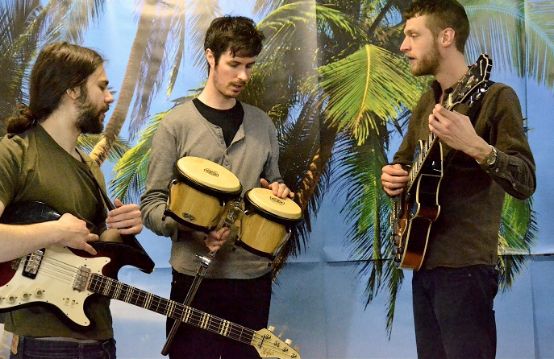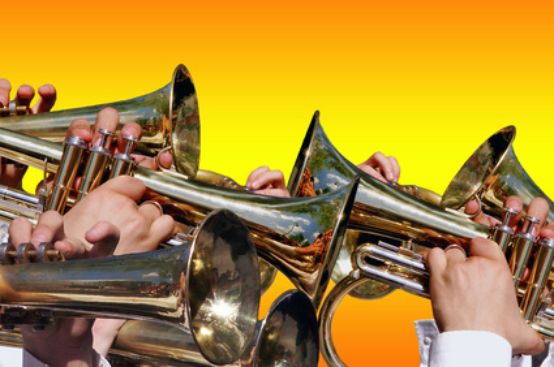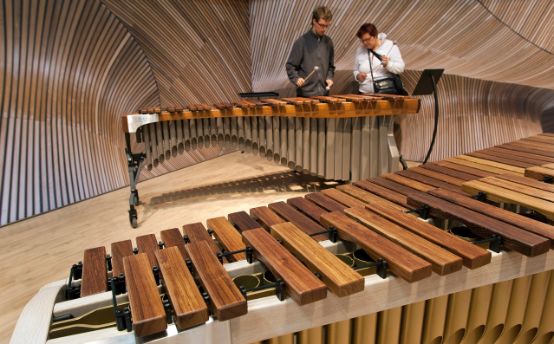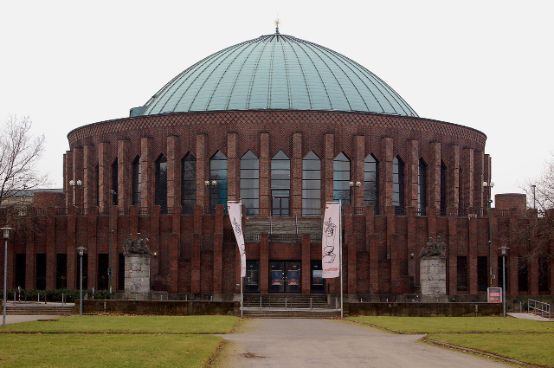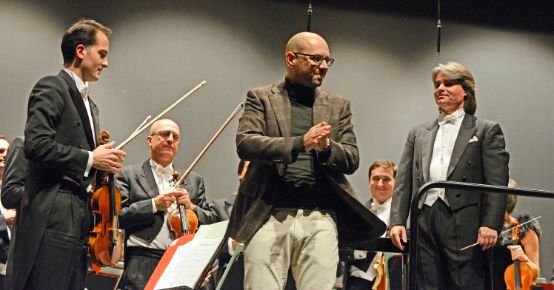With this production, Italian-Swiss director Nino Jacusso presents the film adaptation of Federica De Cesco's novel Shana, the wolf girl before. The film was shot on the Lower Nicola reserve in British Columbia. All of the actors and actresses in front of the camera were from the Scw'exmx tribe. The film tells the story of Shana, a Native American girl who - without losing touch with her people and their traditions - seeks her way in today's world. Shana is highly musical. But in order to make her violin sing, she has to follow the white wolf.
The young film composer Roman Lerch has succeeded in creating a virtuoso, wild, rhythmic, percussive and catchy soundtrack by combining incidental music and film music. The film music was recorded by part of the Kaleidoscope String Quartet with Ronny Spiegel, violin, David Schnee, viola and Bruno Fischer, cello, as well as Thomas Lähns on double bass and cellist Nadja Straubhaar. They received sonic support from percussionist Flavio Mezzodi and guitarist Dominik Blumer.
Shana's violin playing was recorded by the young Swiss violinist Malwina Sosnowski. Her interpretation of the "wolf music" is idiosyncratic and rebellious, and for the title song The Swiss singer-songwriter Anna Kaenzig could be won (CD review Slideshow Seasons). She composed and interpreted the song My Place for Shana - The Wolf's Music.
The film will be shown at the Solothurn Film Festival:
January 25, 5 p.m., Solothurn Riding Hall
January 27, 5:30 p.m., Concert Hall
followed by a concert by Anna Kaenzig, 9 pm, Festival Club in Solheure (Uferbau)
It will be released in Swiss cinemas from March 20
> www.shanafilm.com







